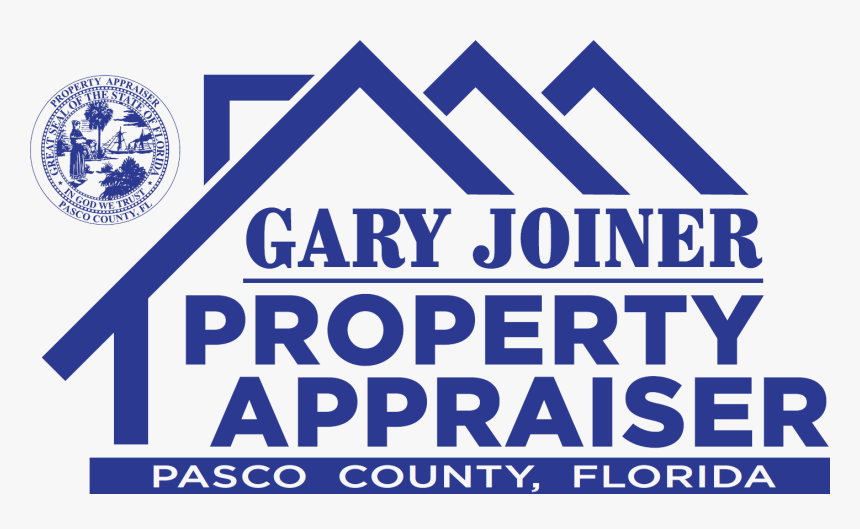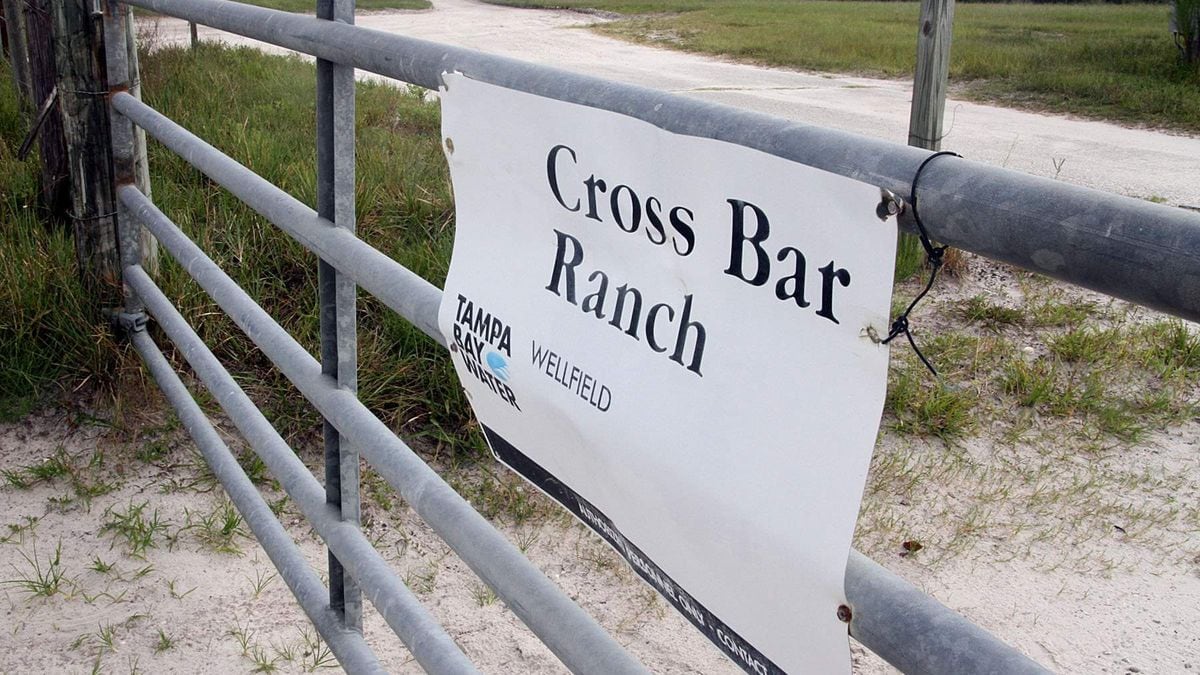Mastering Pasco Taxes Property: The Ultimate Guide
So, you've landed on this page because you want to know everything about Pasco taxes property. Whether you're a homeowner, investor, or just curious about the ins and outs of property taxes in Pasco County, you're in the right spot. Property taxes can feel like a maze, but don't sweat it—we're here to break it down step by step so you're not left scratching your head.
Let’s be real—taxes are one of those things that everyone has to deal with, but no one really loves talking about. Still, understanding Pasco taxes property is crucial if you’re living or investing in the area. This guide dives deep into everything you need to know, from how property taxes are calculated to potential exemptions and payment schedules.
We’ll keep it simple, straightforward, and packed with actionable info. By the end of this article, you’ll feel confident navigating the world of Pasco property taxes. Let’s get started!
Read also:Dorchester County Detention Center South Carolina A Deep Dive
Table of Contents:
- What Are Pasco Taxes Property?
- How Property Taxes Are Calculated
- Key Players in Pasco Property Tax
- Property Tax Exemptions
- Payment Options and Deadlines
- Common Mistakes to Avoid
- Understanding Your Tax Bill
- Property Tax Appeals Process
- Tips for Saving on Property Taxes
- Frequently Asked Questions
What Are Pasco Taxes Property?
Alright, let’s start with the basics. Pasco taxes property refer to the taxes levied on real estate properties within Pasco County, Florida. These taxes are a major source of revenue for local governments, funding essential services like schools, public safety, and infrastructure. Think of it as your contribution to keeping the community running smoothly.
Now, here’s the kicker: property taxes aren’t a one-size-fits-all deal. The amount you pay depends on factors like your property’s assessed value, tax rates, and any exemptions you might qualify for. It’s a bit like putting together a puzzle, but don’t worry—we’ll walk you through each piece.
Why Understanding Pasco Property Taxes Matters
Knowing your property tax obligations is more than just about avoiding penalties. It’s about making informed decisions about your finances and investments. For instance, if you’re planning to buy a home in Pasco County, understanding property taxes can help you budget accurately and avoid surprises down the road.
How Property Taxes Are Calculated
Let’s talk numbers. Property taxes in Pasco County are calculated based on two main factors: your property’s assessed value and the millage rate. Here’s a quick breakdown:
- Assessed Value: This is the value of your property as determined by the Pasco County Property Appraiser. It’s usually lower than the market value, thanks to things like homestead exemptions.
- Millage Rate: Also known as the tax rate, this is the amount per $1,000 of assessed value that you owe in taxes. Different taxing authorities in Pasco County have their own millage rates, so your total tax bill is a combination of these rates.
To calculate your property tax, multiply your property’s assessed value by the millage rate. For example, if your property is assessed at $200,000 and the millage rate is 6 mills (0.006), your tax bill would be $1,200.
Read also:Decatur Daily Obituaries Decatur Alabama A Heartfelt Journey Through Life And Legacy
Factors That Affect Your Property Tax
A few other factors can influence your property tax bill:
- Improvements: If you’ve made significant upgrades to your property, like adding a pool or building an extension, your assessed value might increase.
- Market Conditions: Changes in the real estate market can impact property values, which in turn affects your tax bill.
- Exemptions: Qualifying for exemptions, such as homestead or senior citizen exemptions, can lower your taxable value and reduce your tax burden.
Key Players in Pasco Property Tax
When it comes to property taxes, there are a few key players involved:
Pasco County Property Appraiser
This office is responsible for determining the assessed value of all properties in Pasco County. They use factors like market conditions, property size, and improvements to come up with an accurate valuation.
Pasco County Tax Collector
The Tax Collector’s office handles the collection and distribution of property taxes. They send out tax bills, process payments, and manage delinquent accounts.
Taxing Authorities
Various taxing authorities, such as the school board, city councils, and special districts, set their own millage rates. These rates are combined to determine your total property tax bill.
Property Tax Exemptions
Here’s some good news: you might qualify for property tax exemptions that can significantly lower your bill. Some common exemptions include:
- Homestead Exemption: If you use your property as your primary residence, you could be eligible for a $50,000 exemption. The first $25,000 applies to all property taxes, while the remaining $25,000 applies to non-school taxes.
- Senior Citizen Exemption: If you’re 65 or older and meet certain income requirements, you might qualify for additional exemptions.
- Disabled Veterans Exemption: Eligible disabled veterans can receive a full exemption on their property taxes.
It’s worth checking with the Pasco County Property Appraiser’s office to see if you qualify for any exemptions. Every little bit helps!
Payment Options and Deadlines
Paying your property taxes doesn’t have to be a headache. The Pasco County Tax Collector offers several payment options:
- Online Payments: Pay conveniently through the Tax Collector’s website using a credit or debit card.
- Mail-In Payments: Send a check or money order to the Tax Collector’s office.
- In-Person Payments: Visit one of the Tax Collector’s offices to pay in person.
As for deadlines, property tax bills are typically due by November 1st each year. Paying early can earn you a discount, while late payments may result in penalties and interest charges. Stay on top of it to avoid any unnecessary fees.
Common Mistakes to Avoid
Even the savviest property owners can make mistakes when it comes to property taxes. Here are a few pitfalls to watch out for:
- Not Reviewing Your Tax Bill: Always double-check your bill to ensure the assessed value and exemptions are correct.
- Missing Payment Deadlines: Set reminders or pay early to avoid late fees.
- Ignoring Tax Notices: If you receive a notice from the Tax Collector or Property Appraiser, don’t ignore it. Address any issues promptly.
Understanding Your Tax Bill
Your property tax bill might look like a bunch of numbers at first glance, but once you know what to look for, it’s pretty straightforward. Here’s what you’ll typically see:
- Assessed Value: The value of your property as determined by the Property Appraiser.
- Taxable Value: The assessed value minus any exemptions.
- Millage Rates: The tax rates applied to your taxable value.
- Total Tax Due: The final amount you owe, broken down by taxing authority.
If anything seems off, don’t hesitate to reach out to the Tax Collector’s office for clarification.
Property Tax Appeals Process
Think your property’s assessed value is too high? You have the right to appeal. Here’s how the process works:
- File a Petition: Submit a petition to the Value Adjustment Board (VAB) within the specified timeframe.
- Attend a Hearing: Present your case at a hearing, where you can provide evidence to support your appeal.
- Receive a Decision: The VAB will review your case and issue a decision, which may result in a revised assessed value.
Appealing your property taxes can be a bit of a hassle, but if you believe your assessment is unfair, it’s worth pursuing.
Tips for Saving on Property Taxes
Who doesn’t love saving money? Here are a few tips to help you keep more cash in your pocket:
- Apply for Exemptions: Make sure you’re taking advantage of all the exemptions you qualify for.
- Monitor Market Trends: Keep an eye on property values in your area. If they’ve dropped significantly, it might be worth appealing your assessment.
- Pay Early: Take advantage of early payment discounts to save a bit on your tax bill.
Frequently Asked Questions
Here are some common questions we hear about Pasco taxes property:
Q: When are property taxes due in Pasco County?
A: Property taxes are typically due by November 1st each year. Paying early can earn you a discount.
Q: Can I appeal my property tax assessment?
A: Absolutely! If you believe your assessed value is too high, you can file an appeal with the Value Adjustment Board.
Q: What happens if I don’t pay my property taxes?
A: Failure to pay your property taxes can result in penalties, interest charges, and even a tax lien on your property. It’s important to stay current on your payments.
And there you have it—everything you need to know about Pasco taxes property. Whether you’re a seasoned homeowner or a first-time buyer, understanding property taxes is key to managing your finances effectively. If you found this guide helpful, don’t forget to share it with your friends and family. And if you have any questions or comments, drop them below—we’d love to hear from you!


